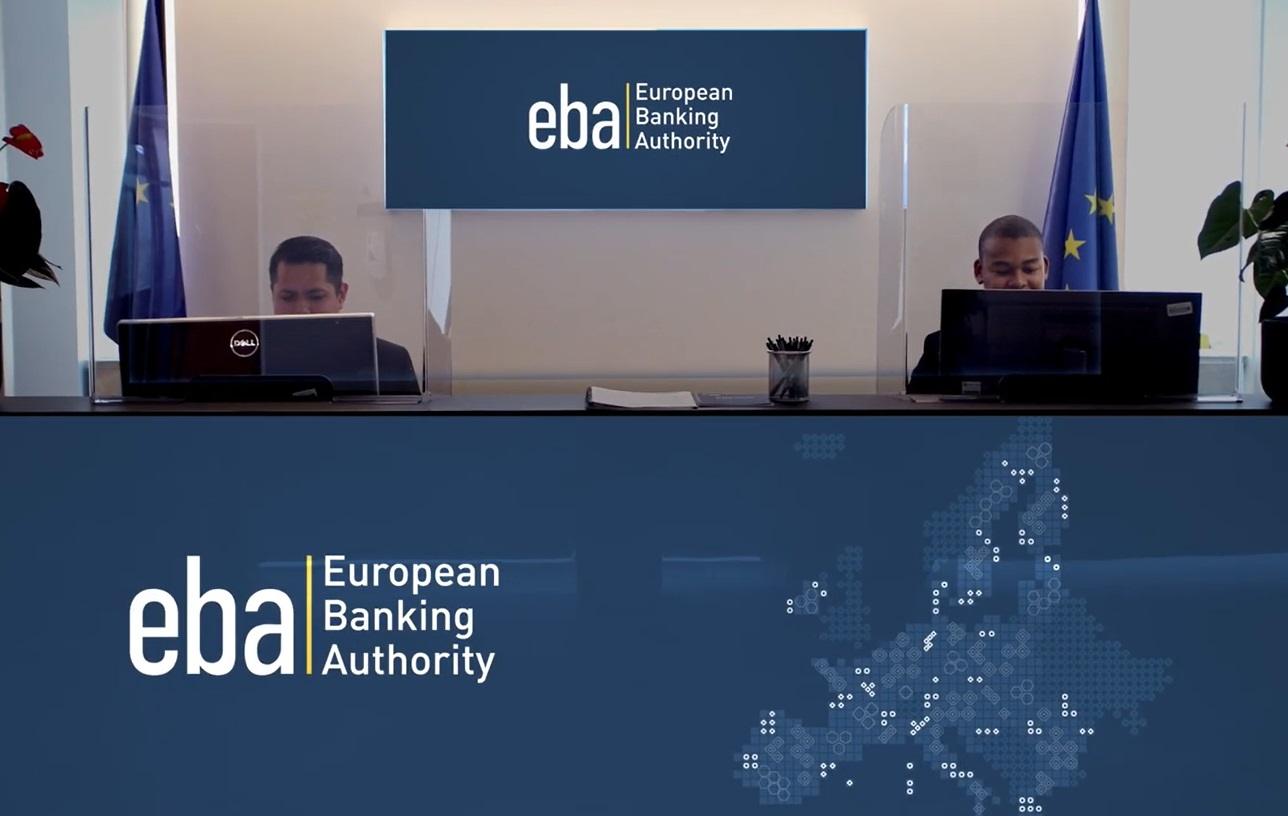Germany Walks Back Call to Scrap the EU’s Supply Chain Sustainability Law
Germany’s federal government softened its language on calls to eliminate the EU’s new law requiring companies to address their negative impacts on human rights and the environment across their value chains – the Corporate Sustainability Due Diligence Directive (CSDDD) – with a government spokesperson clarifying that the government’s position is to “de-bureaucratize” and “streamline” the regulation.
The clarification, provided in a press conference by government spokesperson Stefan Kornelius, follows comments earlier this month by German Chancellor Friedrich Merz to European Commission President Ursula von der Leyen saying that he expects the EU to “cancel this directive,” referring to the CSDDD.
Shortly after Merz’s comments, French President Emmanuel Macron similarly called to push the CSDDD regulation “out of the table,” adding that France’s position was “very aligned now with Chancellor Merz.”
The CSDDD was initially proposed by the European Commission in February 2022, setting out obligations for companies to identify, assess, prevent, mitigate, address and remedy impacts on people and planet – ranging from child labor and slavery to pollution and emissions, deforestation and damage to ecosystems – in their upstream supply chain and some downstream activities such as distribution and recycling.
The legislation was adopted in May 2024, but only after a long process that ultimately required revisions in the legislation that significantly scaled back the number of companies covered by the law, and extended the timeline to its full implementation.
As part of the EU Commission’s Omnibus process launched in February 2025, aimed at significantly reducing the sustainability reporting and regulatory burden on companies, implementation of the CSDDD has been delayed by a year to 2028, and a series of changes to the directive have been proposed, including requiring full due diligence only at the level of direct business partners, reducing the frequency of monitoring the effectiveness of due diligence from annual to every 5 years, and limiting the amount of information that can be requested from small companies.
Merz’s call to scrap the CSDDD followed a coalition agreement to form a government in Germany in April that included eliminating Germany’s own human rights and environmental supply chain due diligence law, the Supply Chain Act (LkSG). As part of the coalition agreement, though, the LkSG was to be replaced with the EU’s CSDDD law.
In response to a question regarding the apparent contradiction between the Chancellor’s comments and his commitment under the coalition agreement, Kornelius said that in addition to eliminating the LkSG, the coalition aims to “de-bureaucratize the European framework in line with the Commission President’s proposals in the Omnibus Act,” adding that the coalition is currently working on proposals to that end with the Commission.
While not specifying the proposed changes to the CSDDD, Kornelius added:
“As part of the EU Commission’s reform efforts to streamline bureaucracy, the aim is also to streamline the European Supply Chain Directive in its comprehensive impact.”





